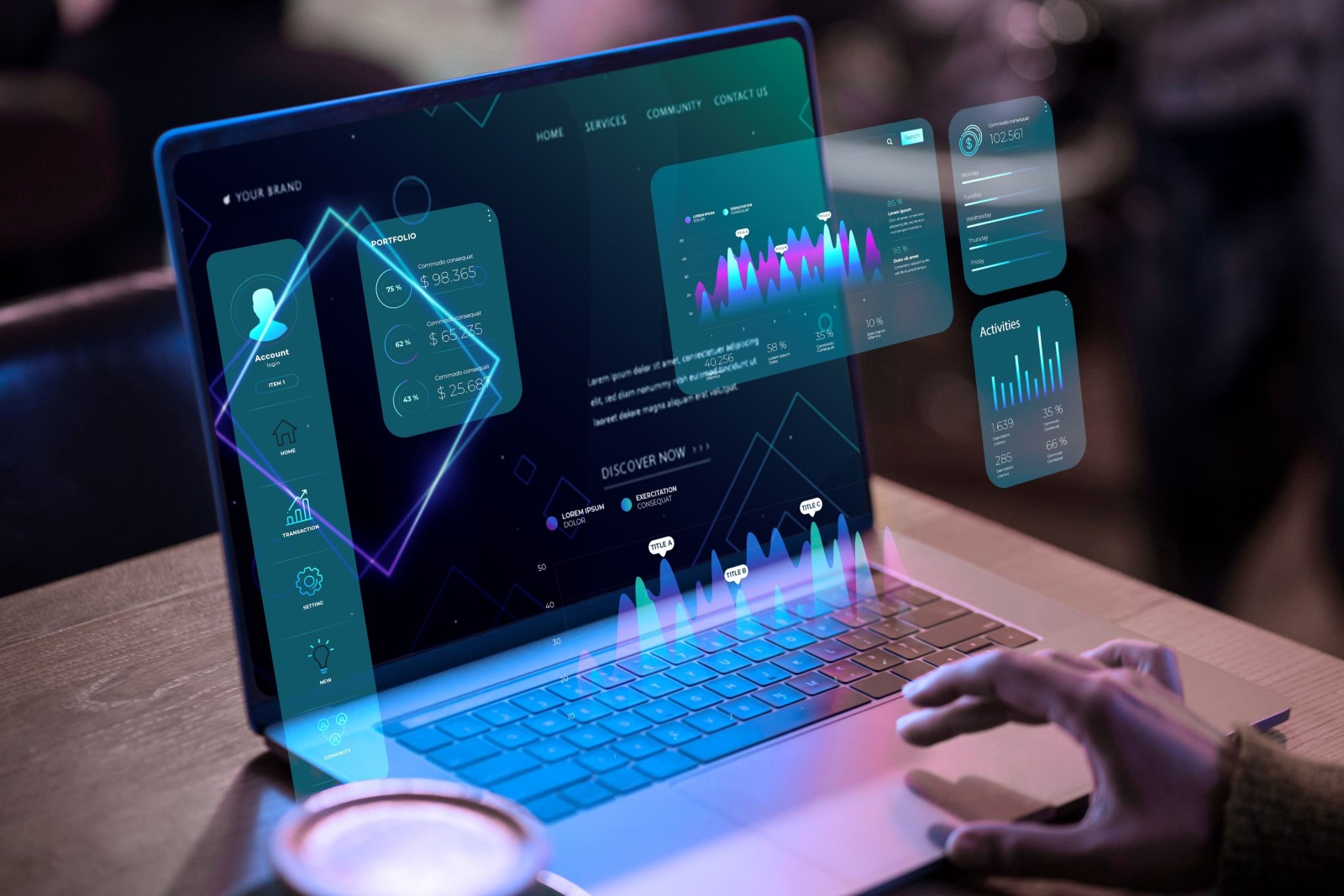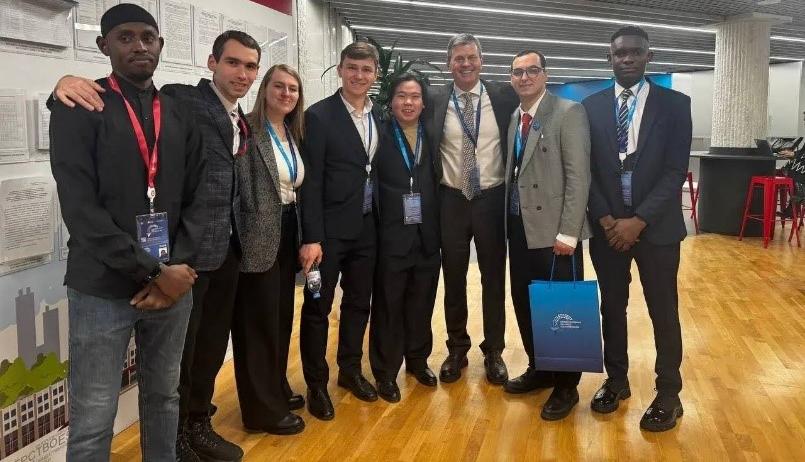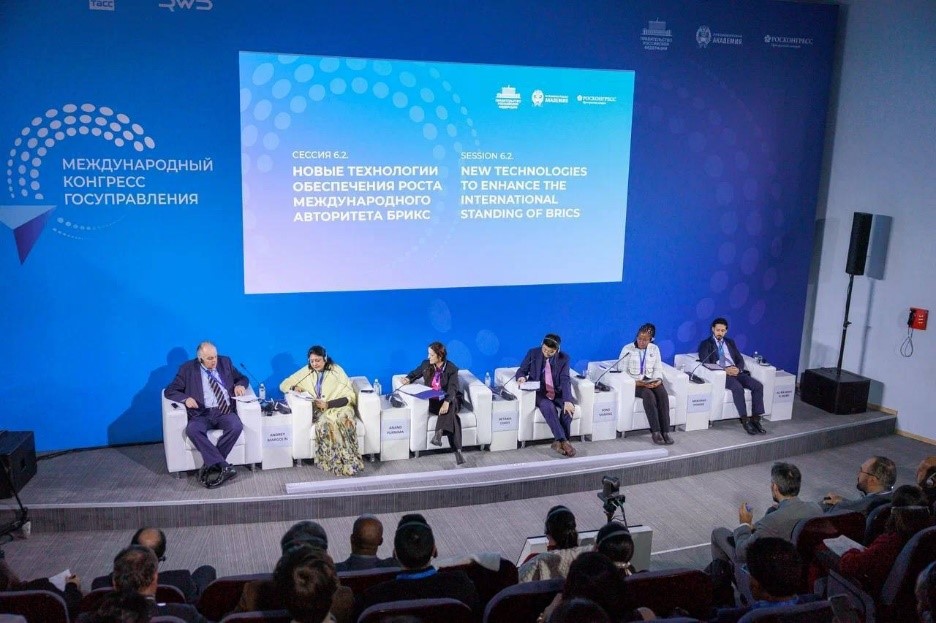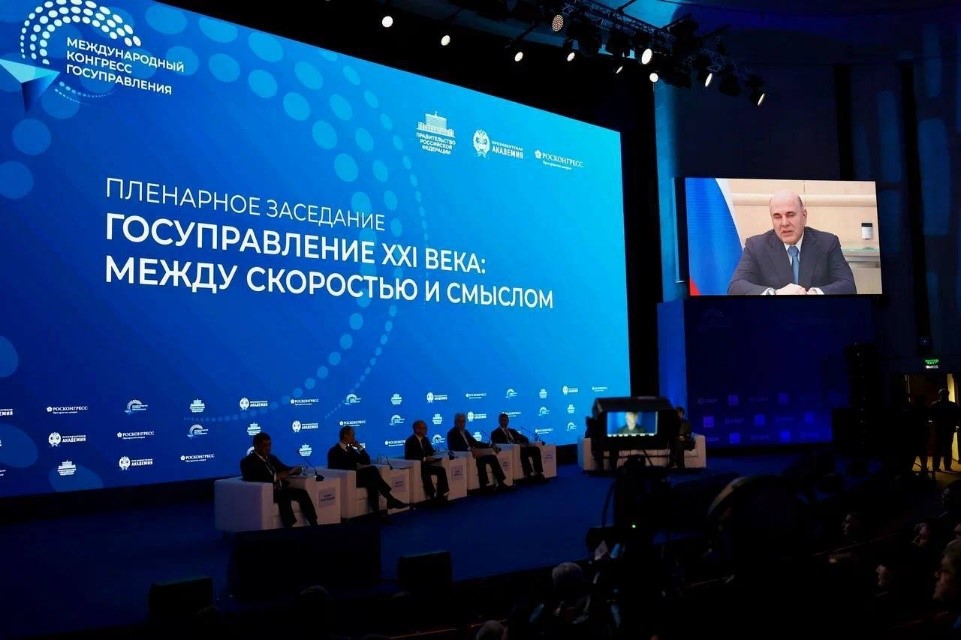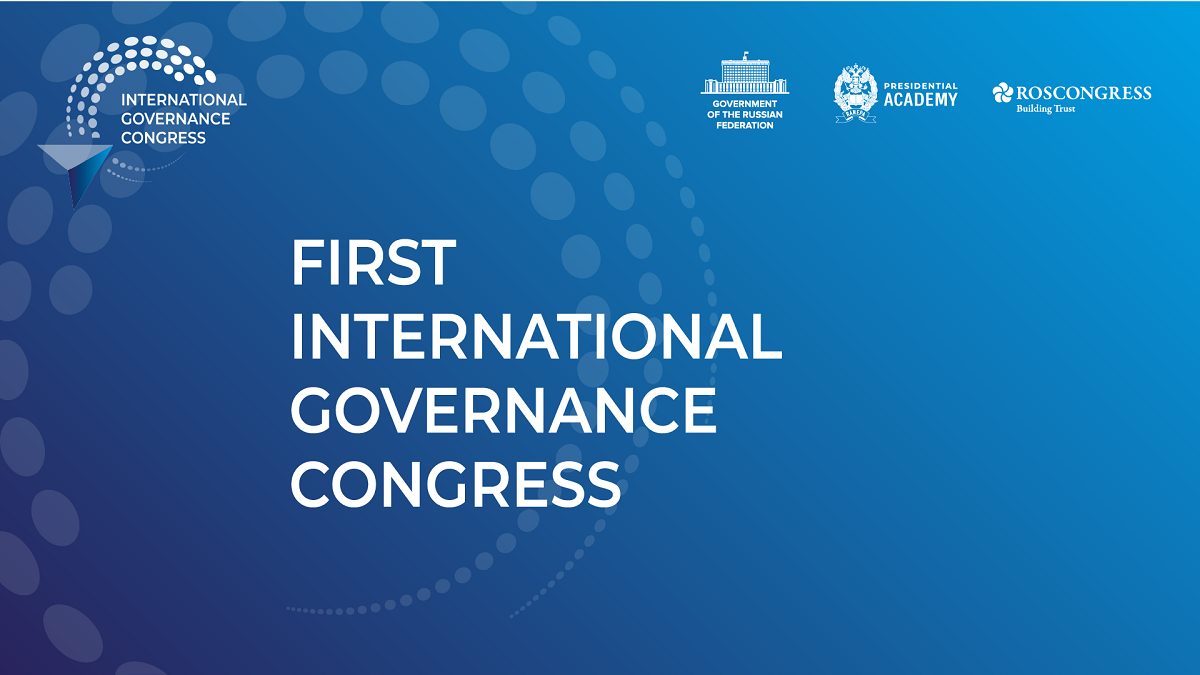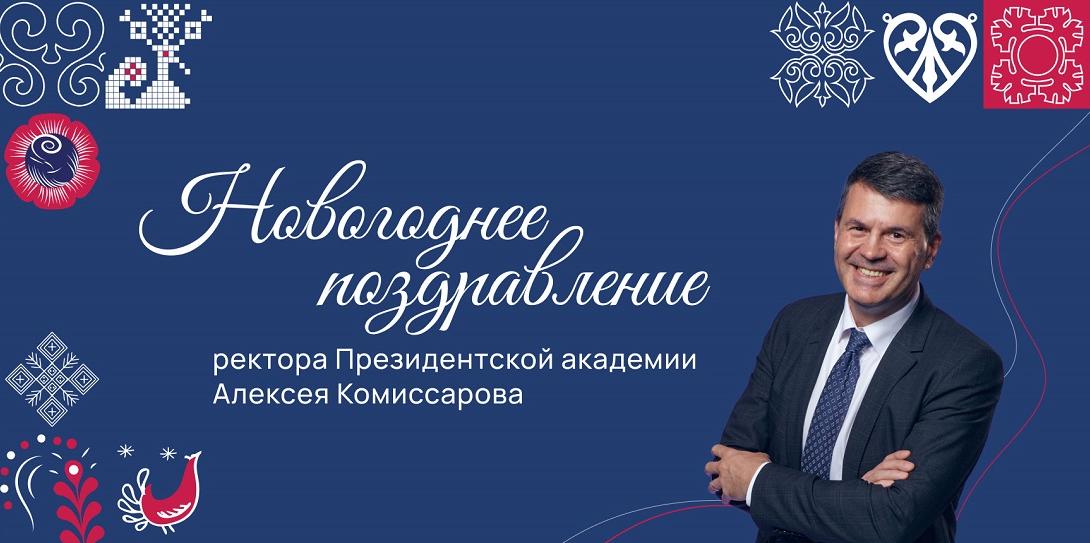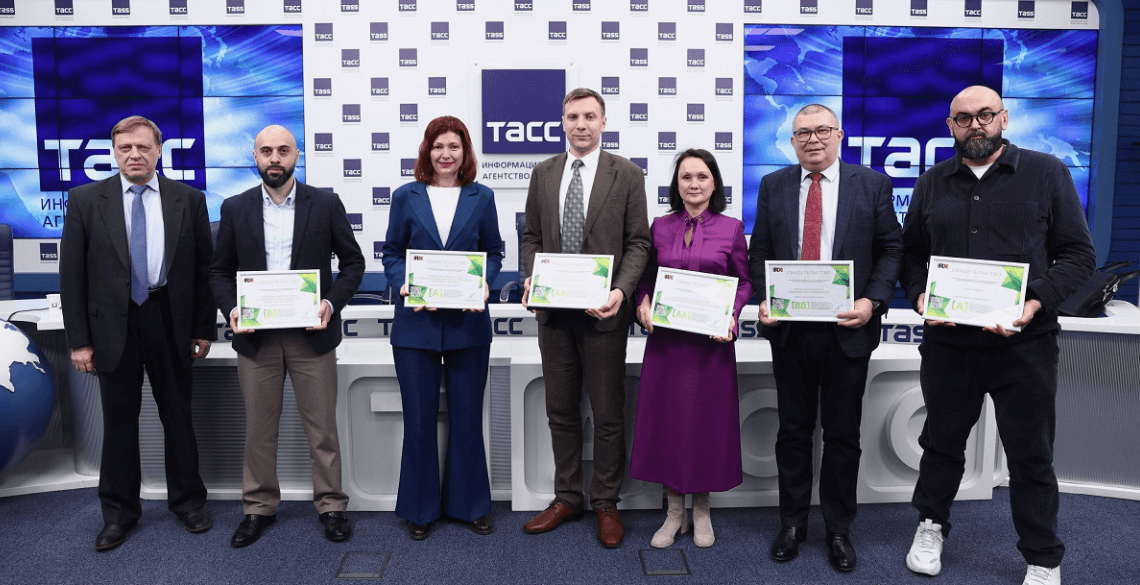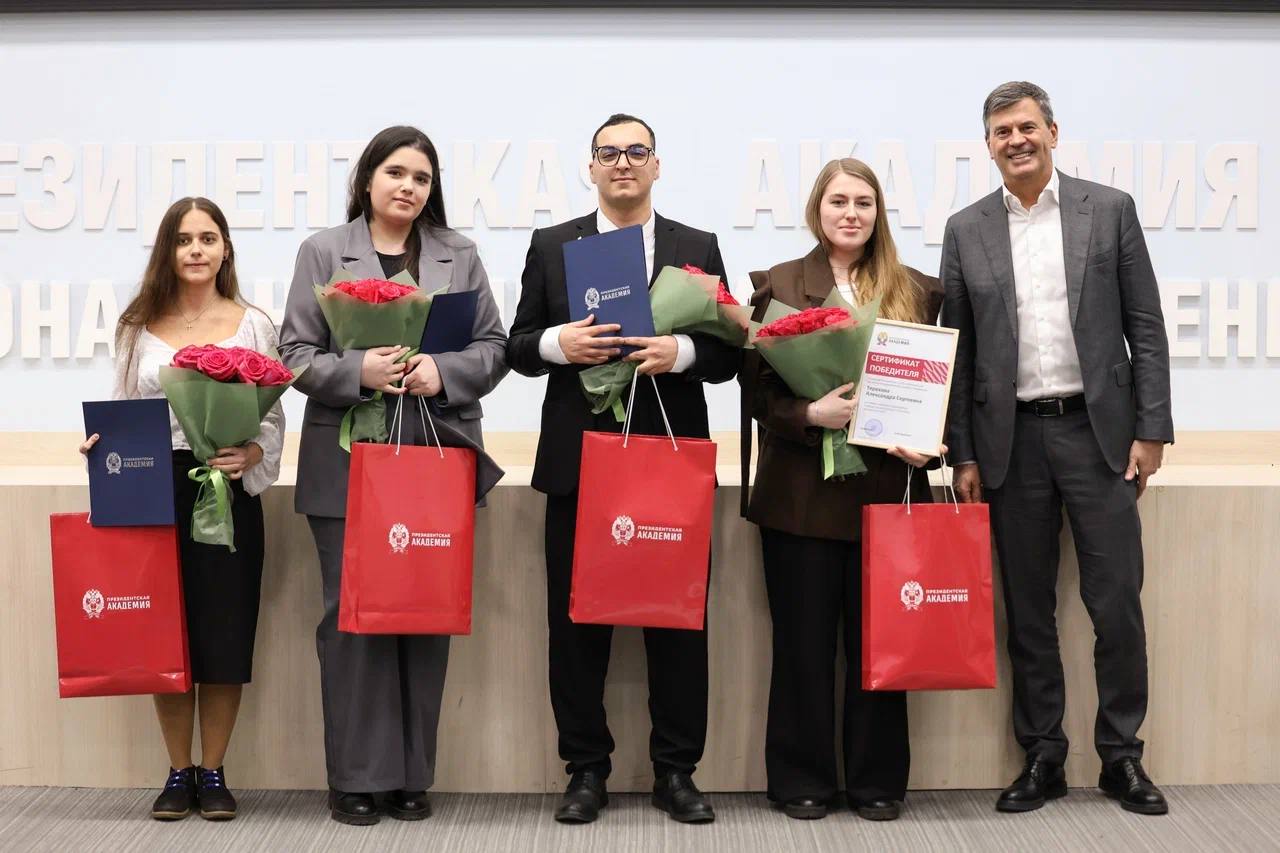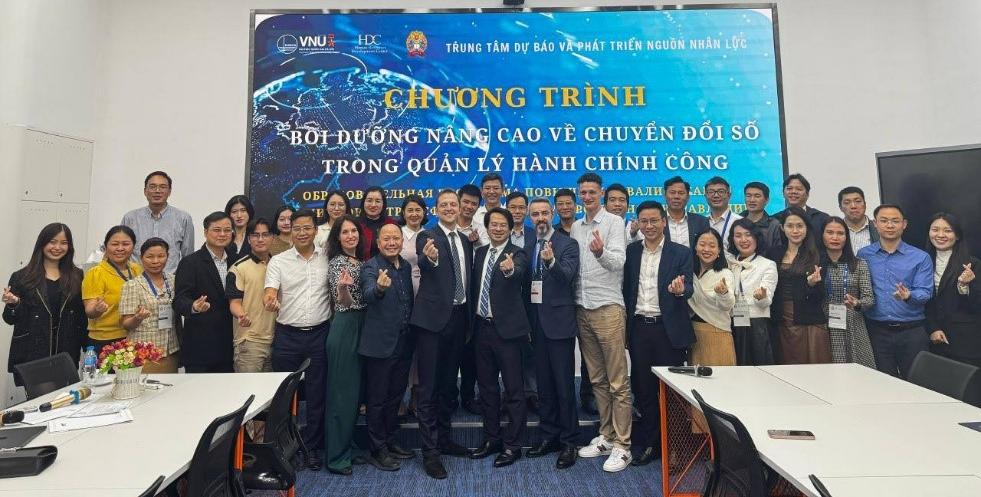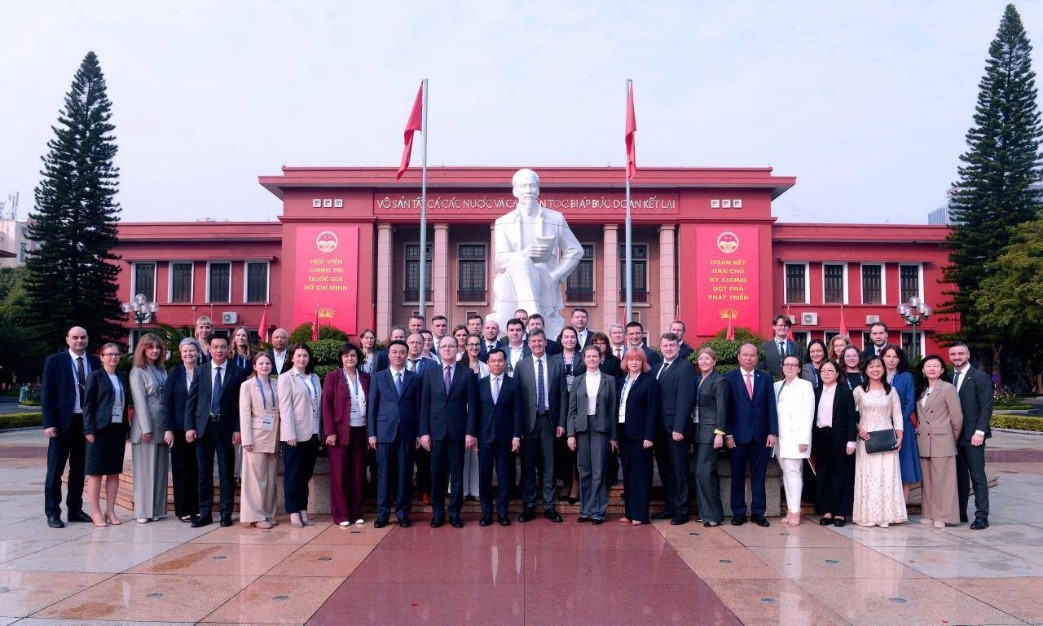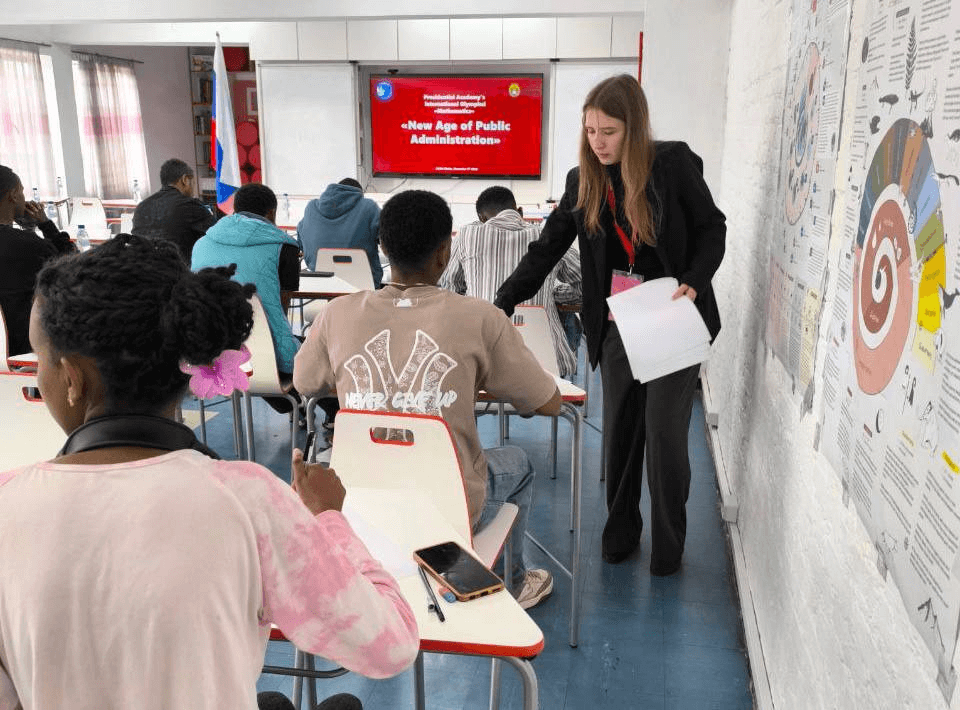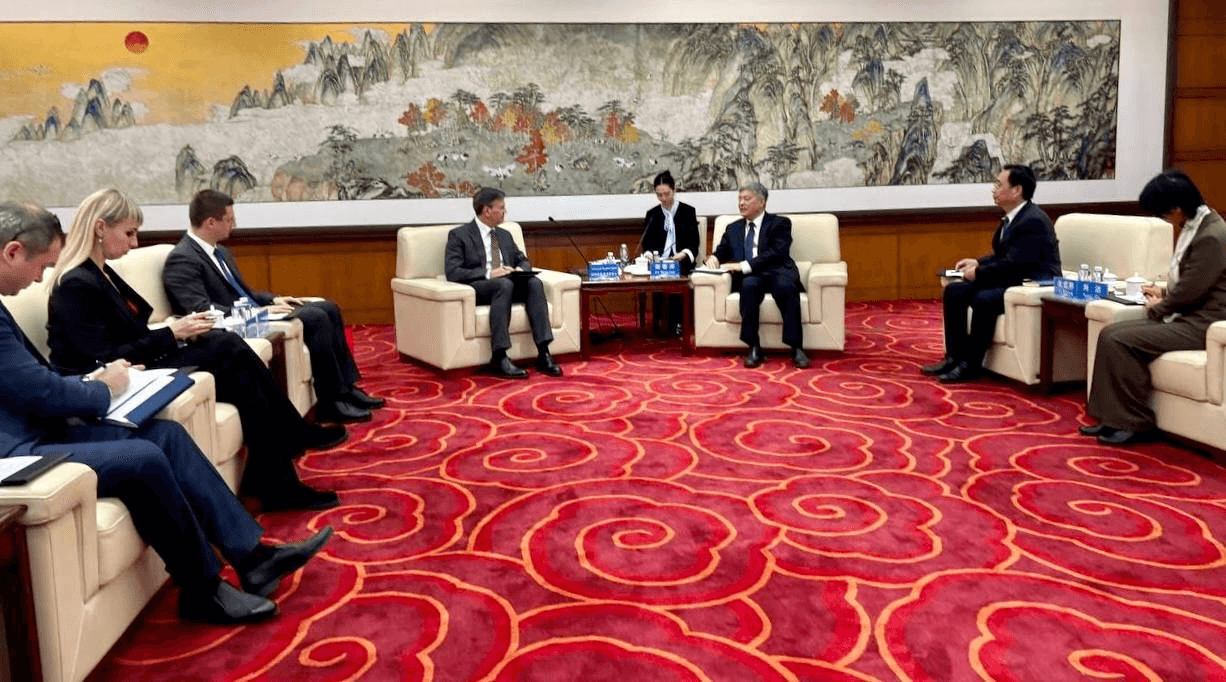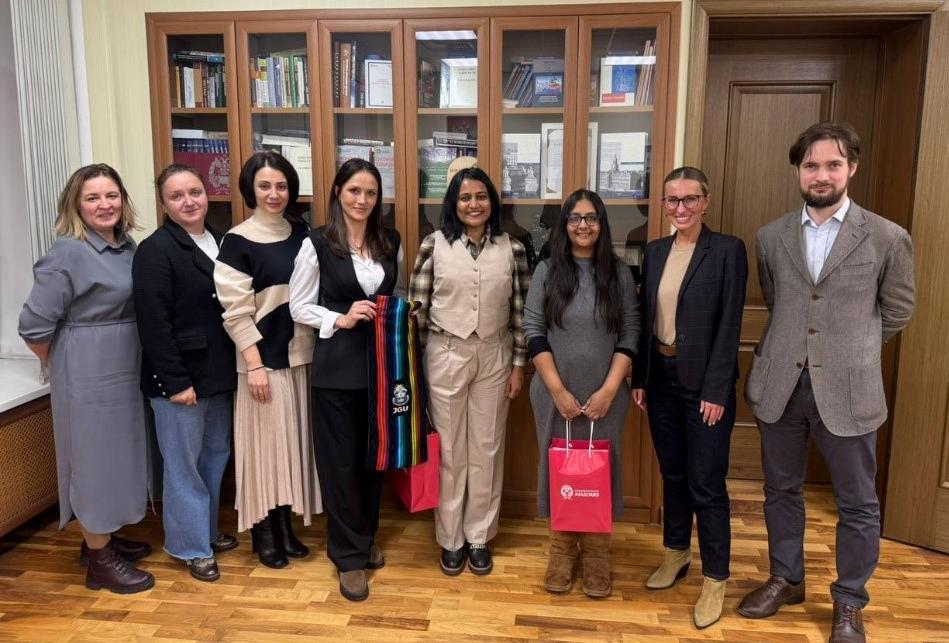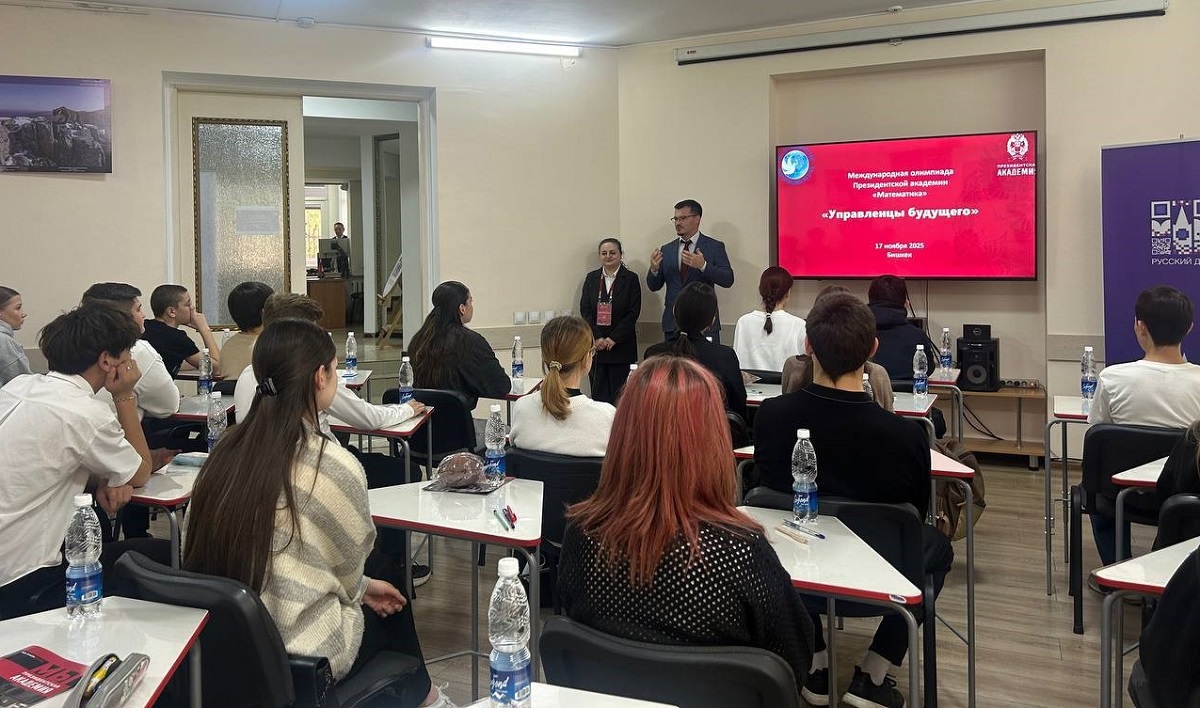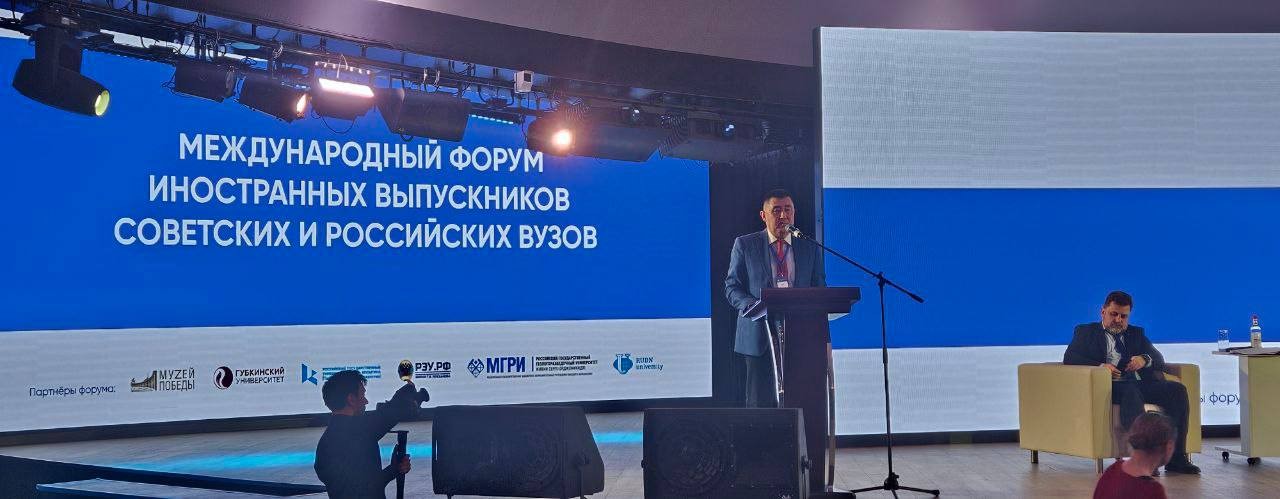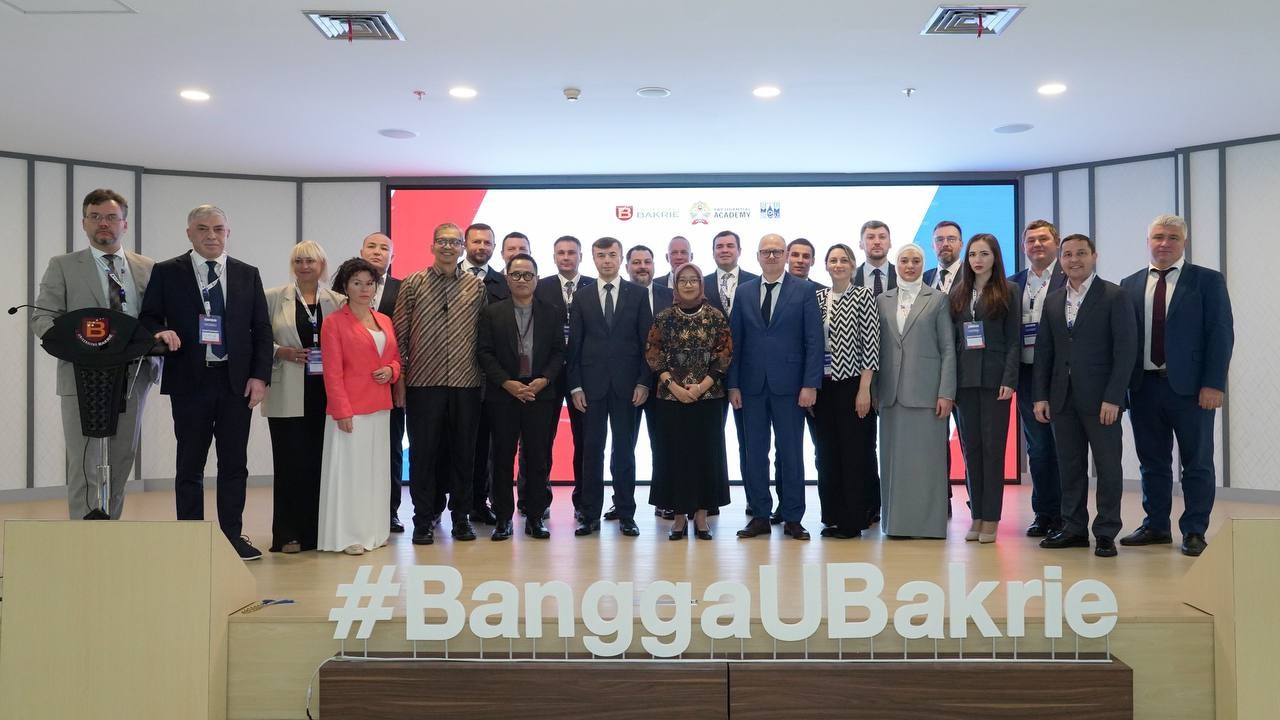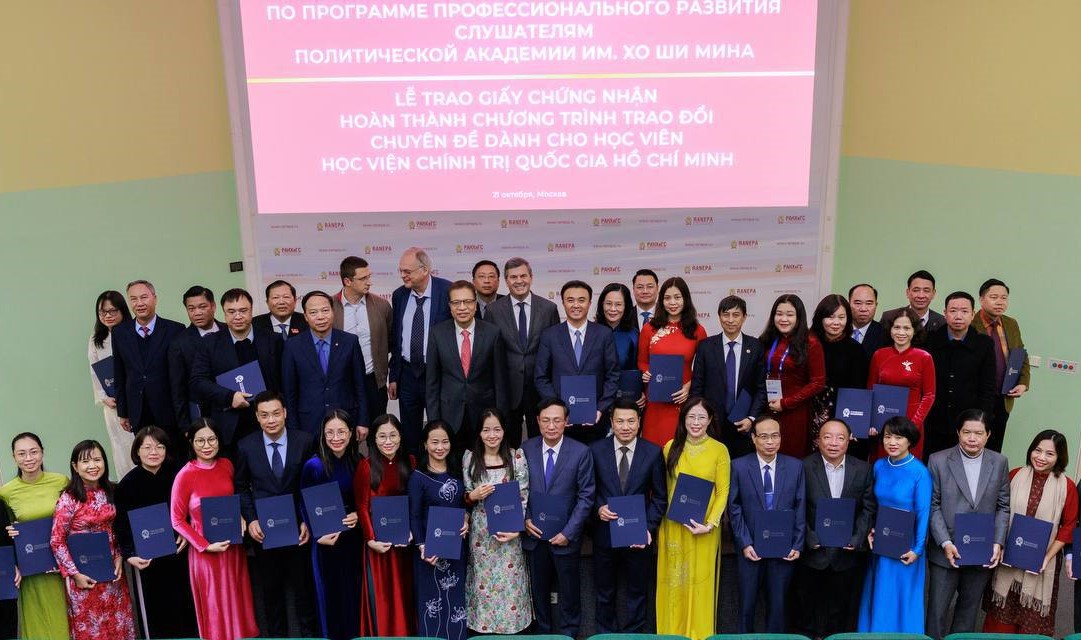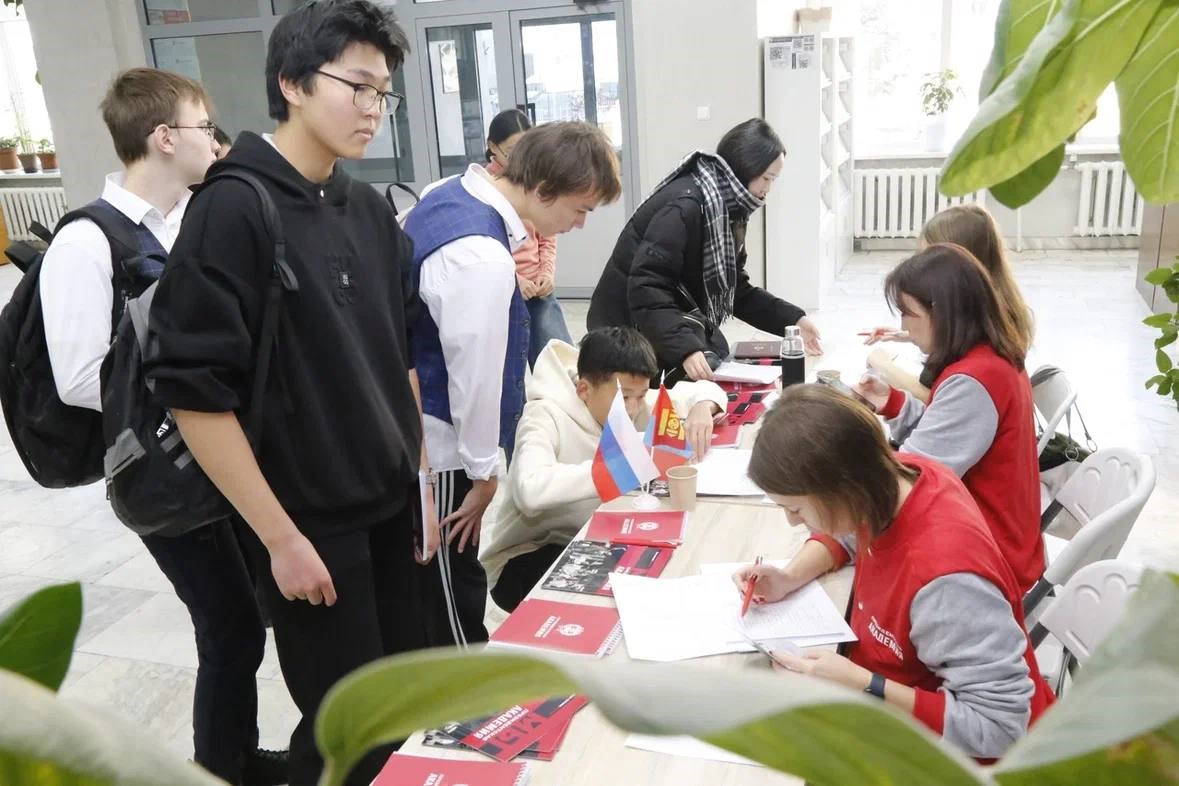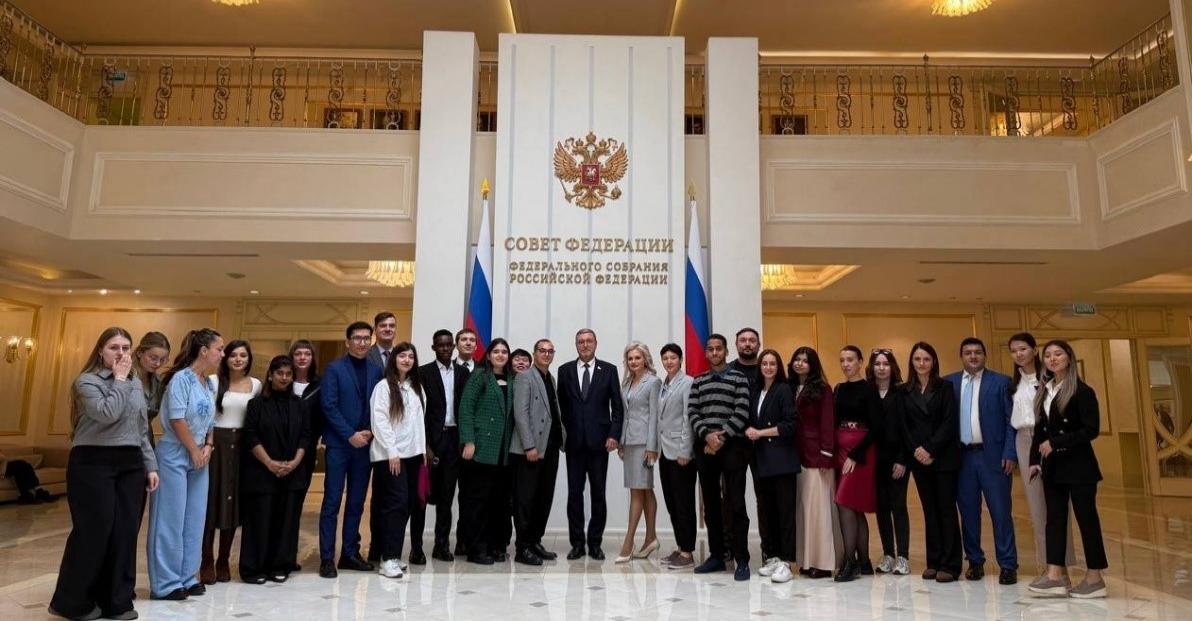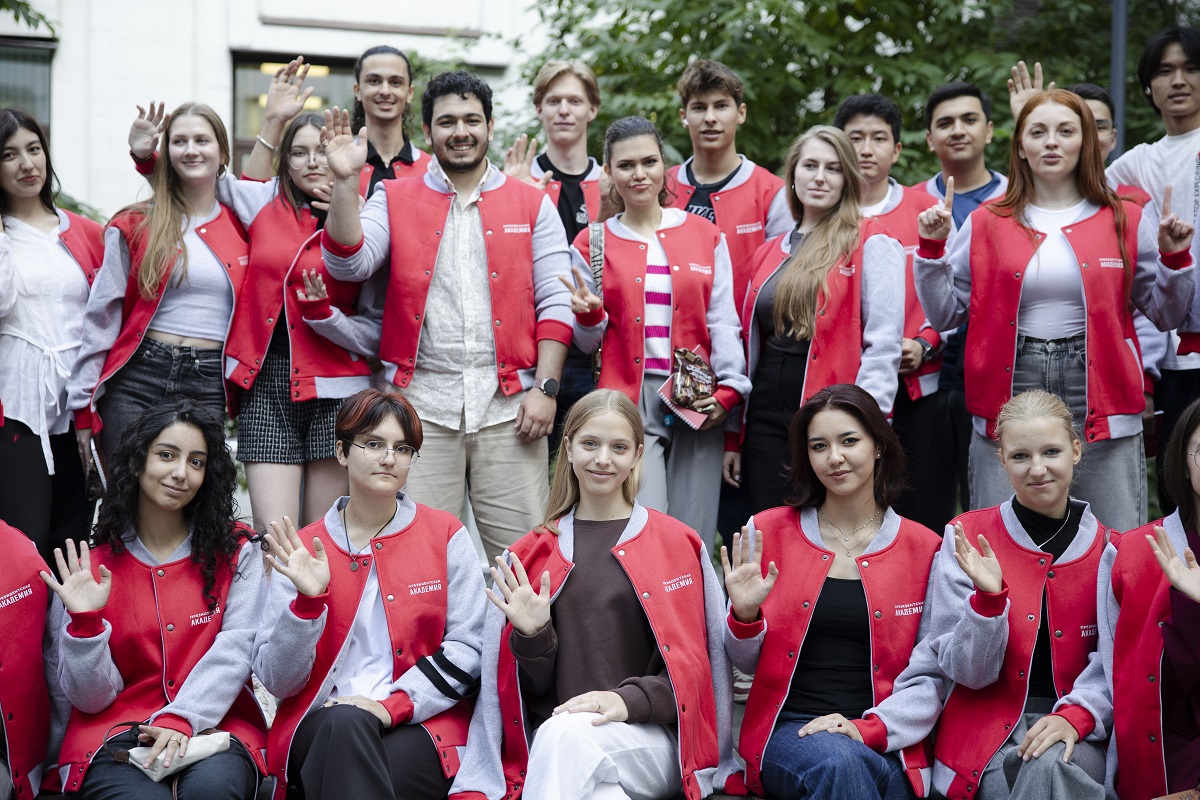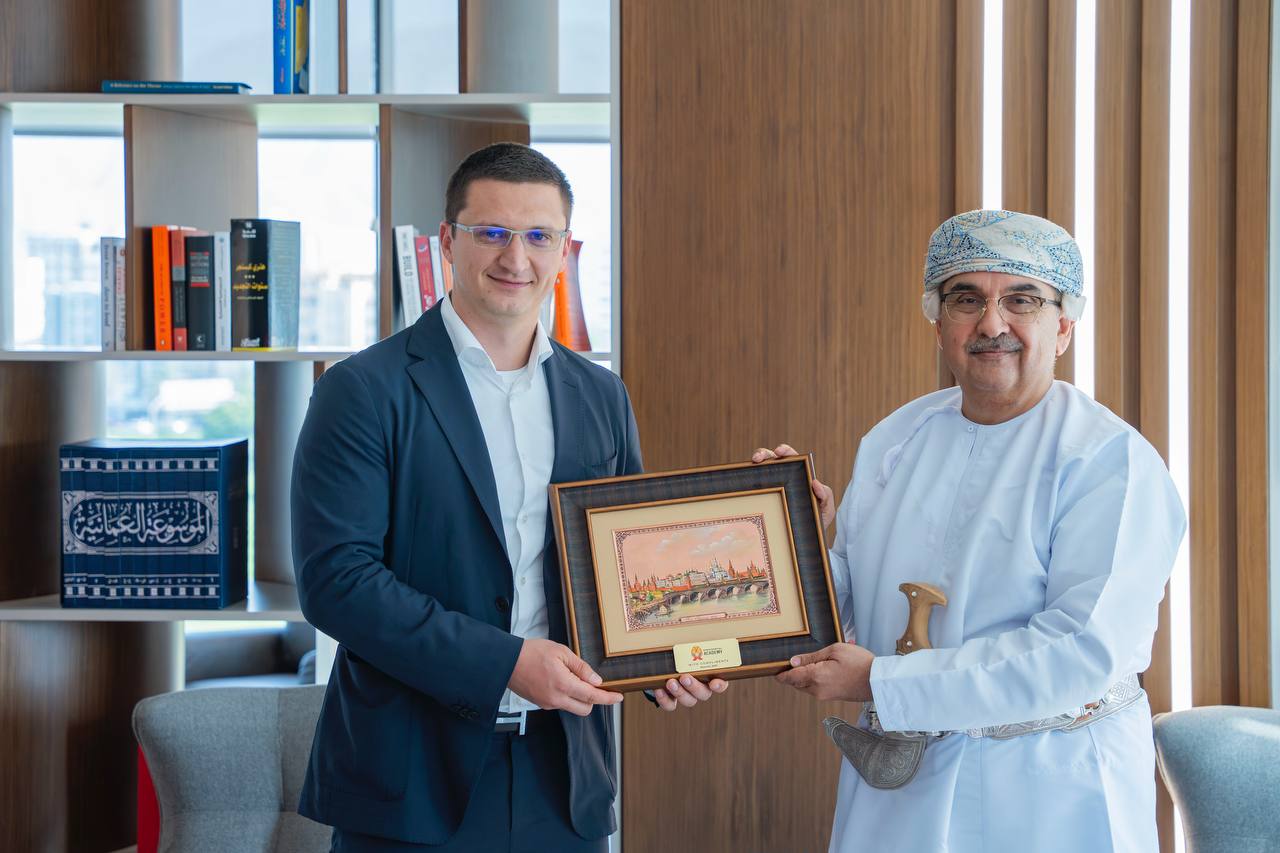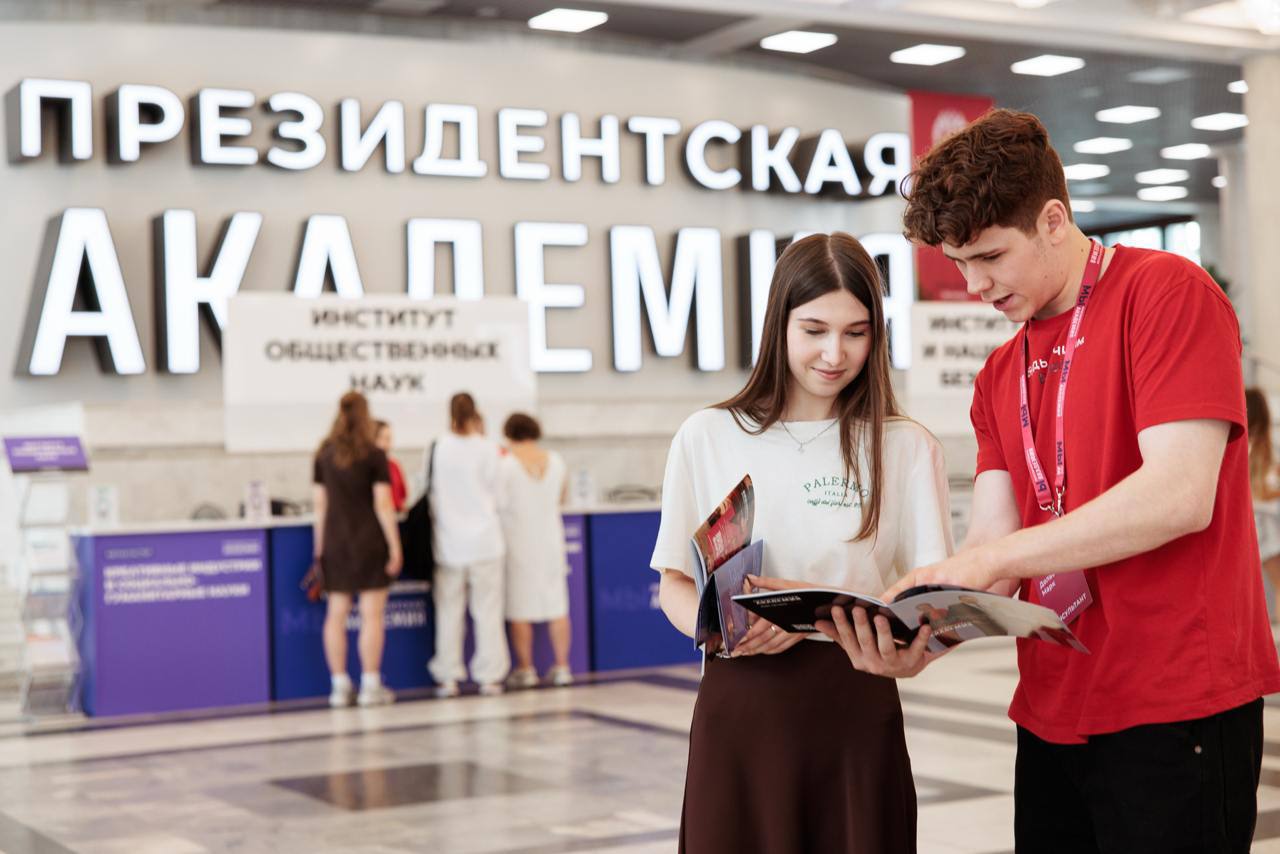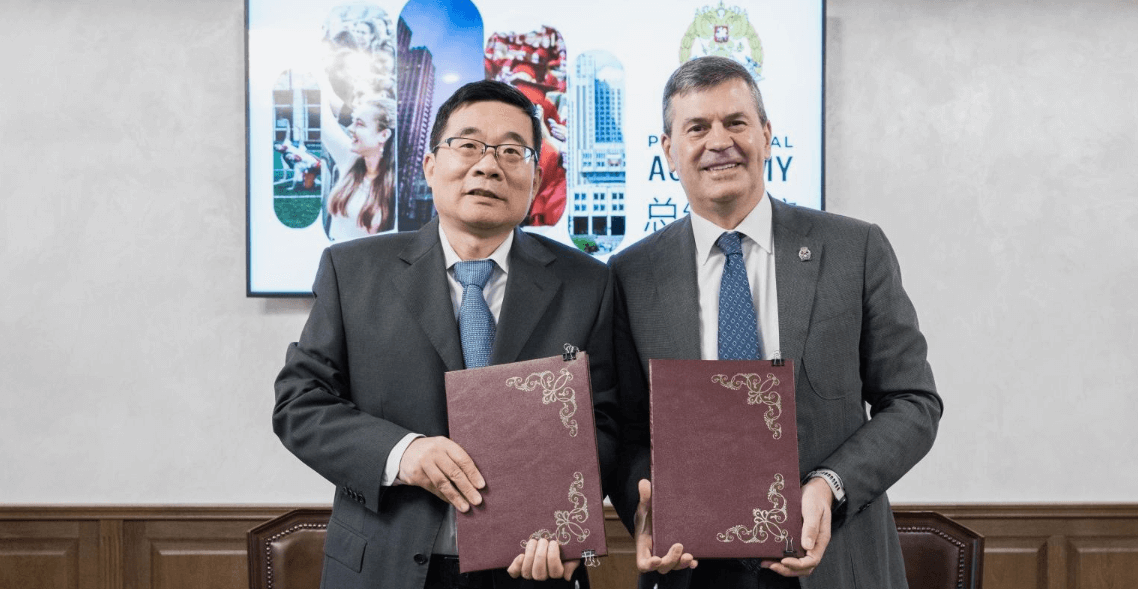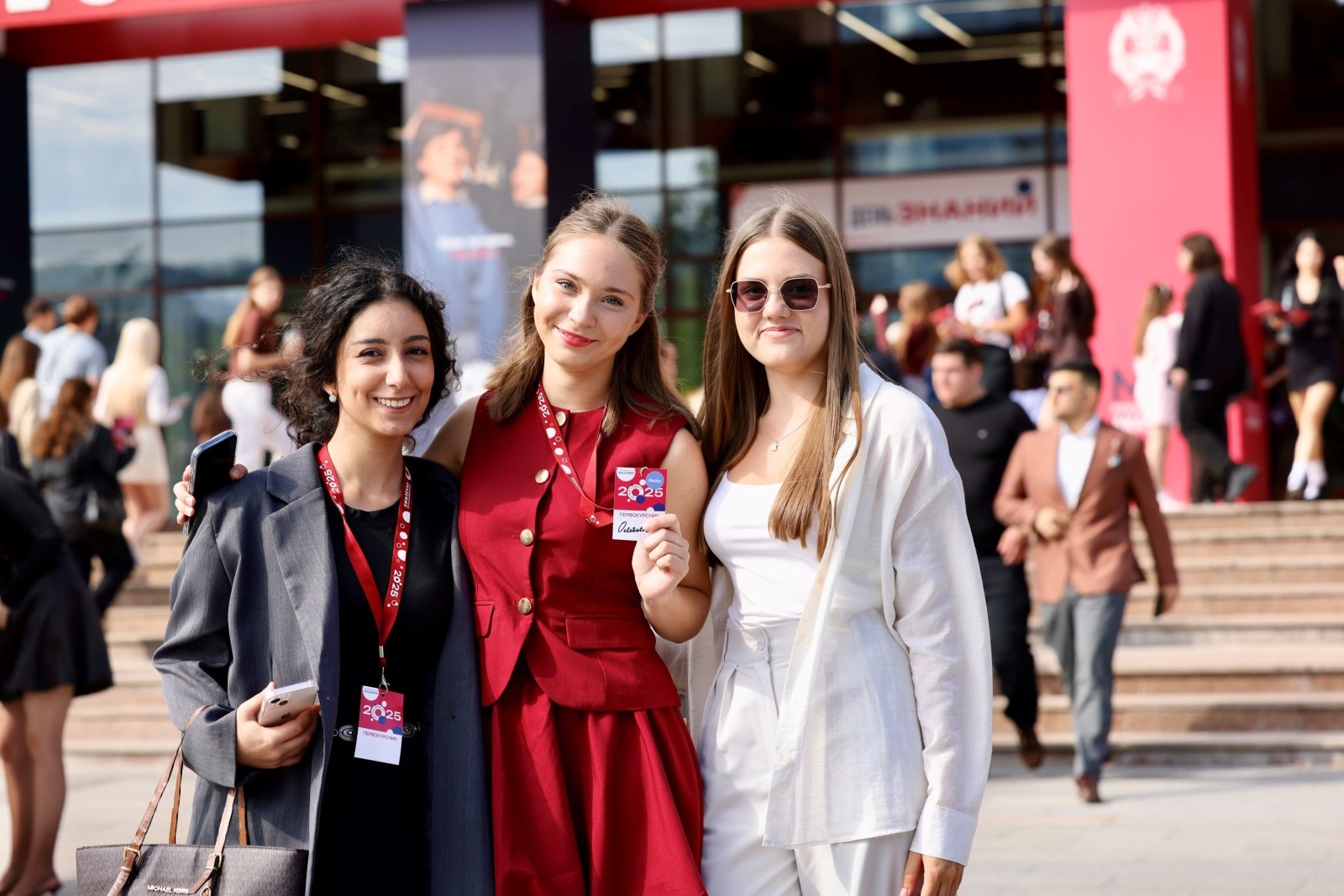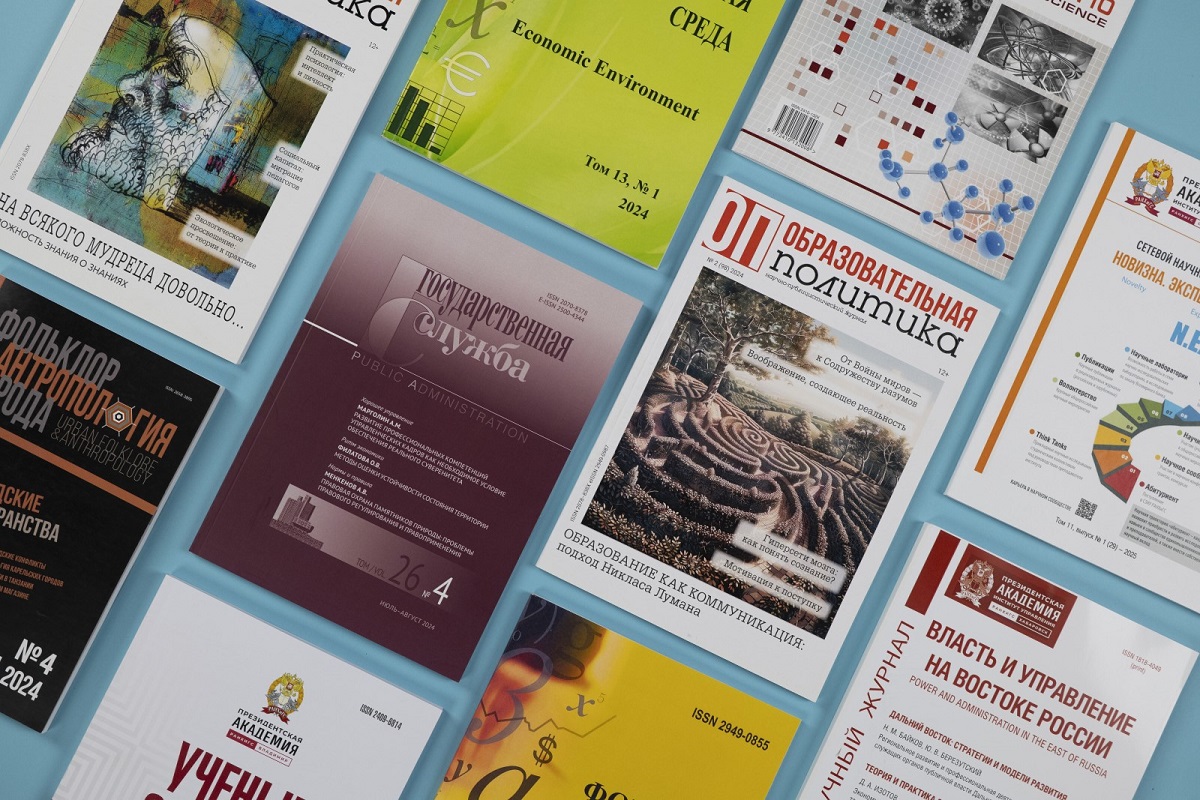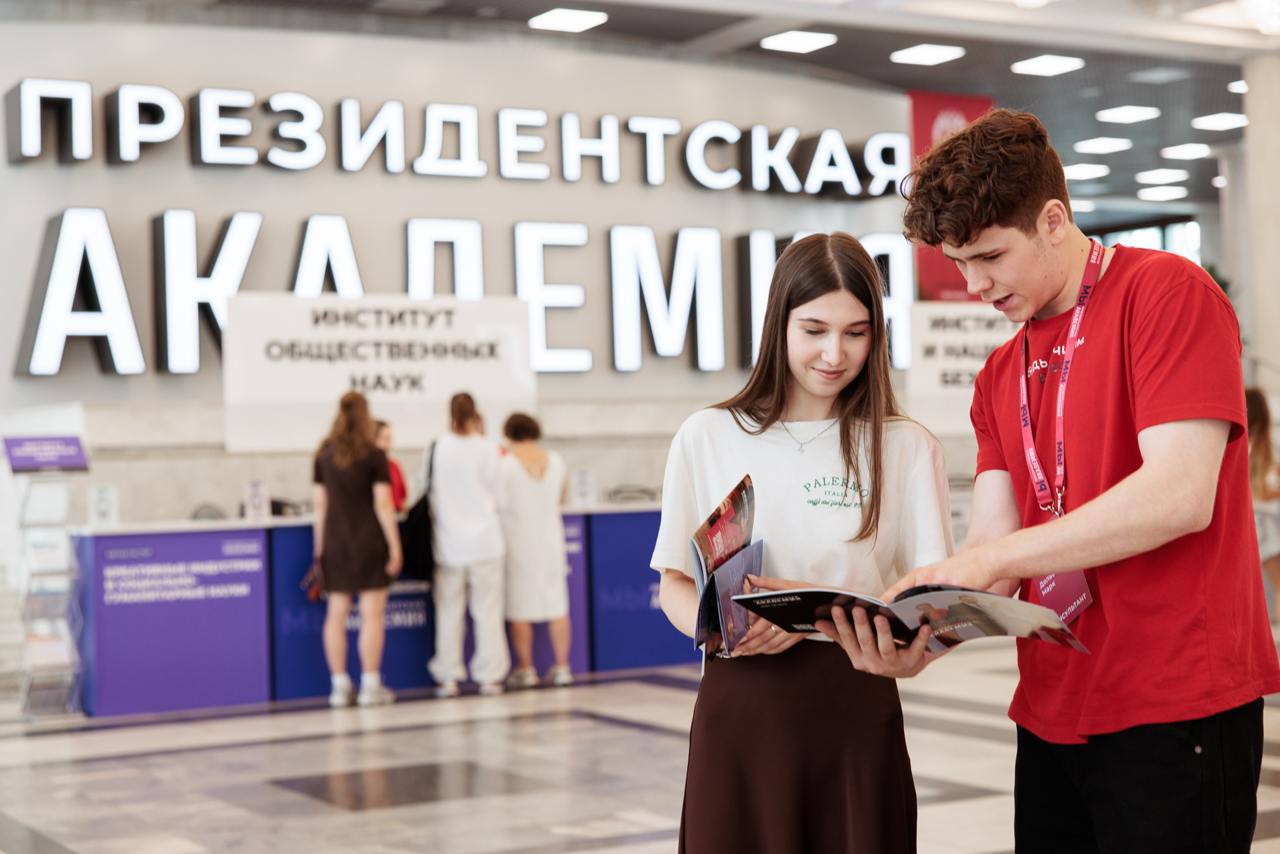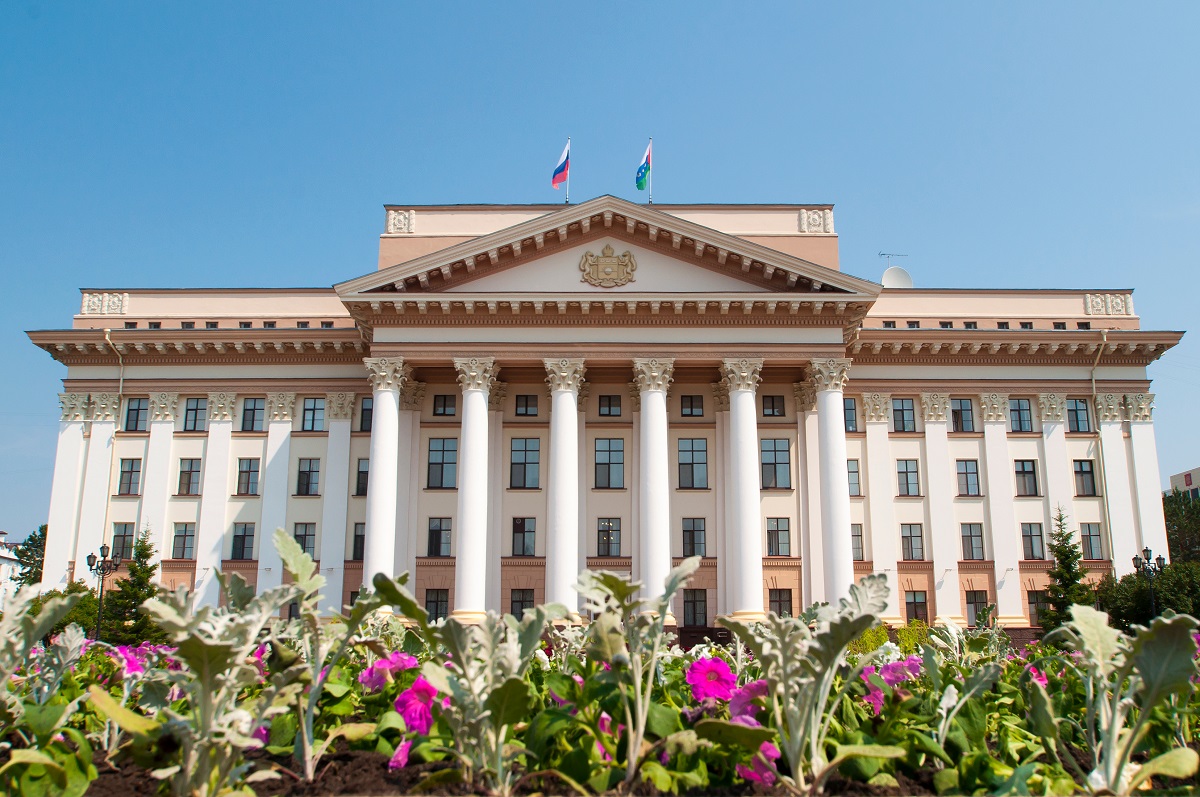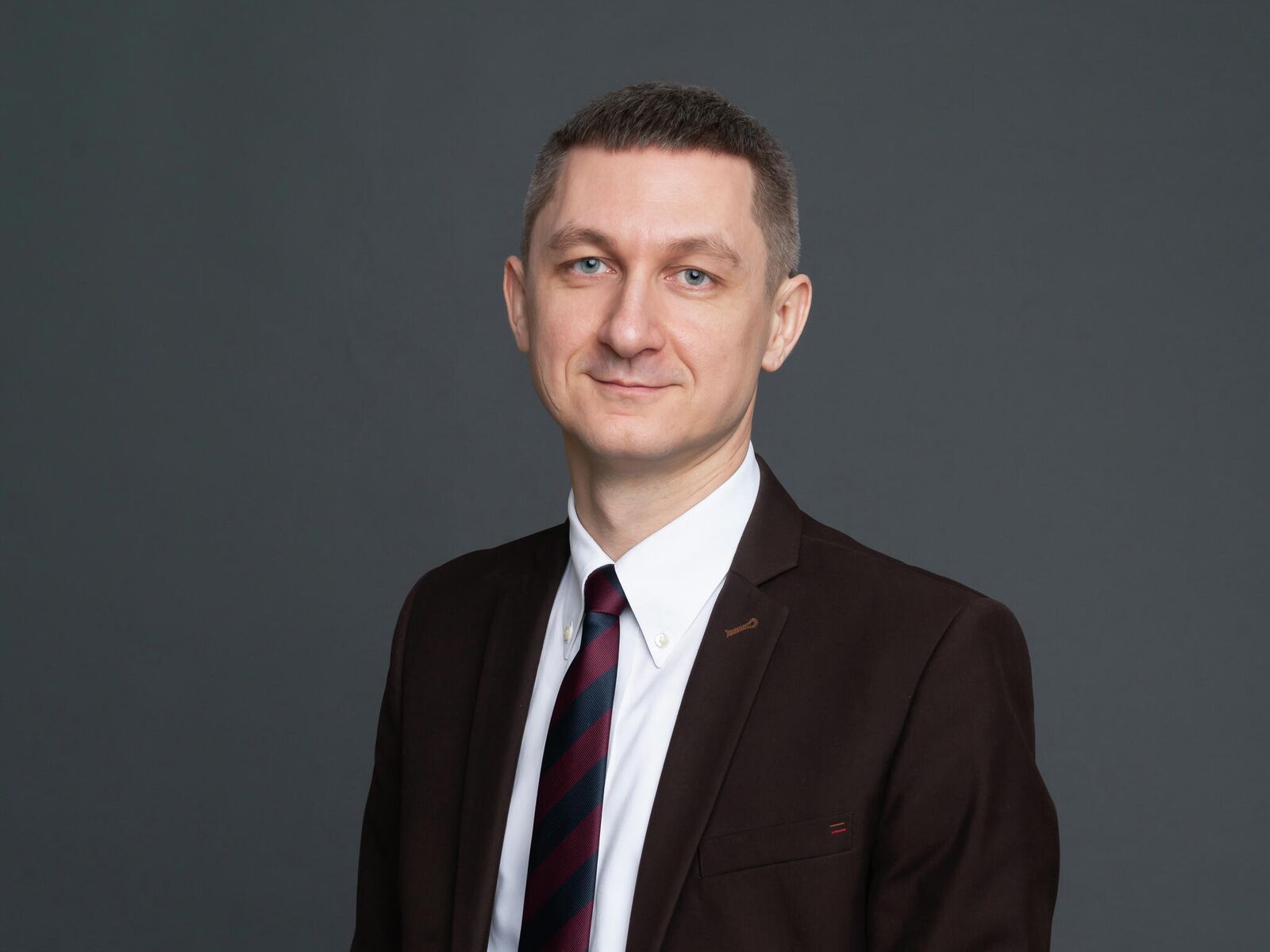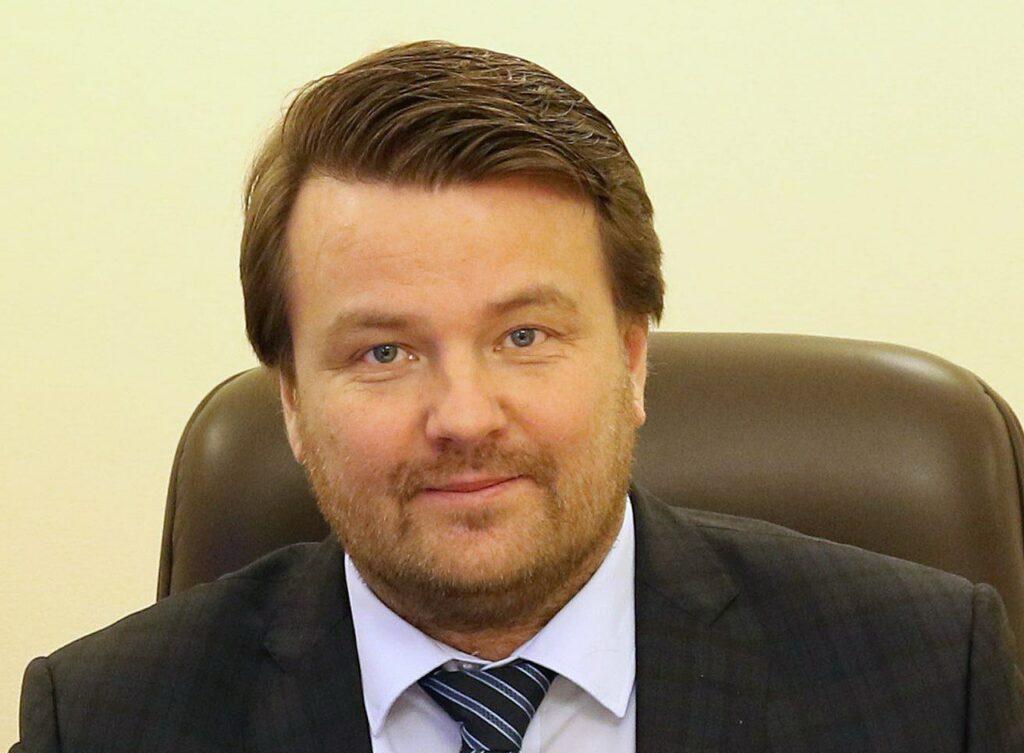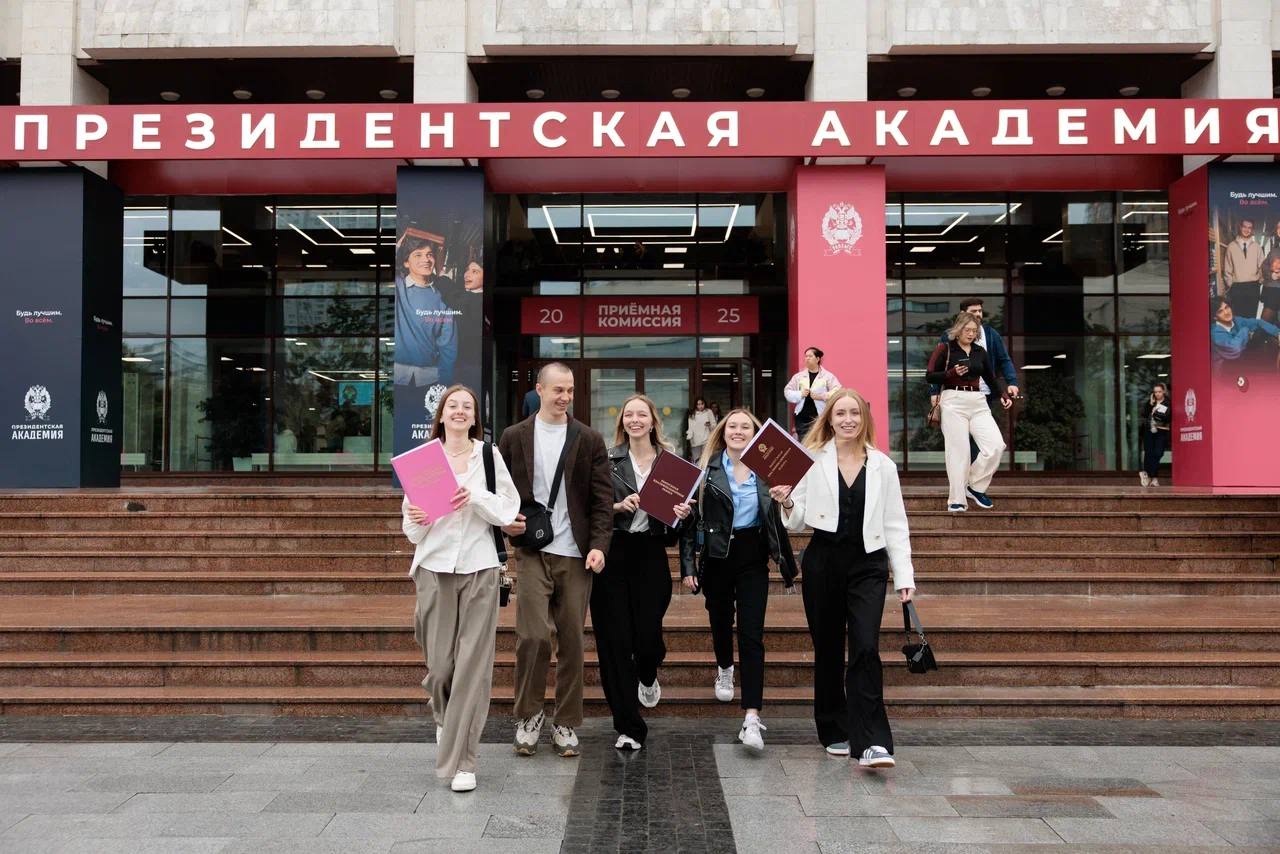Until now, dialogue simulators based on generative artificial intelligence (AI) have been used primarily to teach future enforcement officers, IT staff, engineers, and medics. The Presidential Academy was the first to use this innovative tool to teach students in social sciences and humanities. The pilot program involves 1st and 2nd year students at the Faculty of Hospitality and Sports Management, the results exceeding all expectations.
Generative AI-based dialogue simulators are a promising means of teaching social sciences and humanities by combining the advantages of a digital educational environment and the methodological capabilities of artificial intelligence. They provide prompt feedback, deep level of personalization and contextual adaptation of educational material, thus improving approaches to teaching professionals well-prepared to work in a rapidly changing professional and social environment,
says Pyotr Ototskiy, a co-author of the study, Project Director of the Directorate of Priority Educational Initiatives of the Academy.
For an experiment to evaluate whether a generative AI based dialogue simulator was effective in comparison with conventional teaching methods, they selected 1st and 2nd year students at the Faculty of Hospitality and Sports Industry. The study involved two groups, namely an experimental group of 18 students who were taught using a dialogue simulator and a control group of 14 students who were taught using conventional methods without the simulator.
In order to identify the advantages and disadvantages of mastering the topic using a dialogue simulator, the Academy jointly with the company «ProfDialog» developed a technology for teaching how to resolve conflict situations in hospitality in English. The tool was created as a web application with an intuitive web interface.
The experimental group had a home assignment to learn their topics using a dialogue simulator and acting as hotel and restaurant managers, while the neural network simulated the behavior of a dissatisfied guest. The simulator automatically analyzed both the participant’s professional actions and language skills (e.g., grammar and professional vocabulary) on a 10-point scale.
They were asked to complete the stage by not only making a single attempt, but rather bringing their scores up to 8–9 points out of 10 on the internal scale for assessing the quality of communication. At the end of each session, the system generated personalized assignments and recommendations for improving communicative and linguistic skills; it also provided a conversation plan and analysis algorithm.
Meanwhile, students in the control group practiced similar role-playing scenarios in class, without practicing the dialogue simulator at home. The teacher assessed their actions using the same criteria embedded in the neural network, and all the dialogues in both groups were transcribed for further comparative analysis.
Quantitative parameters proved that the dialogue simulator was actually effective as the experimental group demonstrated 70% better results in modeling the conflict resolution process compared to the control group, which was taught using the conventional methods.
Moreover, 68% of the participants who used the simulator improved their level of English proficiency according to the CEFR scale, which proves the significant contribution of the tool to developing communicative skills and professional vocabulary. This result was achieved as the simulator offered the participants exercises and individual assignments to work on the identified gaps based on the inputs, so the students were able to concentrate on developing precisely those skills that they needed to improve. Unlike a teacher limited in time and resources, the simulator generates an unlimited number of unique dialogue scenarios, each time simulating new combinations of complaints, emotional reactions and professional contexts. Therefore, students are able to refine their conflict resolution skills until they reach a stable level of confidence and mastery.
The simulator’s advantages as compared to traditional teaching methods also include a high degree of interactivity and realism of dialogues, since the neural network dynamically generates scenarios of real-world guest complaints, instantly adapting to the student’s responses. Unlike static examples in textbooks, the dialogue simulator complicates or, alternatively, simplifies the conversation depending on the speed and quality of the student's response, thus bringing the educational environment as close as possible to realities in restaurant and hotel sectors.
Another advantage is the personalization of learning depending on the major of each student. The simulator generates conflict situations depending on the listener profile: hotel or restaurant sectors, etc. This adaptive model helps focus on industry-specific vocabulary and professional scenarios to make every interaction as relevant as possible to students’ future career.
So, the use of a dialogue simulator creates a synergistic effect due to the combination of realistic feedback and an personalized approach, which contributes to the accelerated development of communication skills, professional vocabulary and confidence in resolving conflicts in the hospitality industry.
It also features highly elaborated recommendations, beyond the standard educational materials. When a conflict situation was successfully resolved, the system recorded the correct actions and also suggested ways for the student to enhance the effect. For one instance, in the context of resolving a check-in related conflict, when a trainee offered the ‘guest’ a free room upgrade, the trainer commented: “You failed to take advantage of the moment to build loyalty. It was necessary to emphasize the exclusivity of such a gesture by saying “We normally don’t do upgrades in such cases, but we’ll make an exception for you” and hand over a business card with the manager’s personal contacts, adding: “If there is something else that bothers you, do not hesitate to call me personally”.”
Therefore, the simulator‘s feedback combines a bias-free approach to automated assessment and deep analytical recommendations and expands the capabilities of conventional methods of skill development, thus allowing students to practice both technically correct and strategically verified communication solutions.
The outcomes prove significant potential for using dialogue simulators in the educational process for practice-oriented sessions to improve students’ professional skills and language proficiency. The first-year control group, which did not use the dialogue simulator, scored an average of 7 points for professionalism and B1 (Intermediate) English language proficiency. In the experimental group who had individual sessions using the simulator, the average professionalism score was 8.5 (+21%), and the level of English proficiency was at B2 (Upper-Intermediate) with the potential growth up to C1. Upon entrance tests, the initial language profile of both groups was equal to B1, suggesting that the identified differences are the impact of dialogic AI.
In the 2nd year, where the dialogue simulator automatically complicated scenarios depending on the student’s progress, the average level of professionalism reached 8.5 points, and the language level stabilized at B2+, with growth up to C1 in 30% of the participants. Moreover, the maximum 10 points for conflict resolution were received by 15% students in the 2nd experimental group, a significant figure that was observed in only 2% of the students in the control group.
The experiment proves that the dialogue simulator significantly increases the effectiveness of teaching future hospitality managers. In particular, it accelerates the formation of professional skills, strengthens language competence and helps achieve more sustainable results with shorter learning times. In the future, they will expand the sample by adding students in other programs and conduct a longitudinal monitoring of how the achieved competencies are maintained six months after the sessions,
notes Olga Bayburova, Senior Teacher of Multidisciplinary Bachelor’s Degree Program at the Faculty of Hospitality and Sports Industry, Institute of Management of the Academy.

